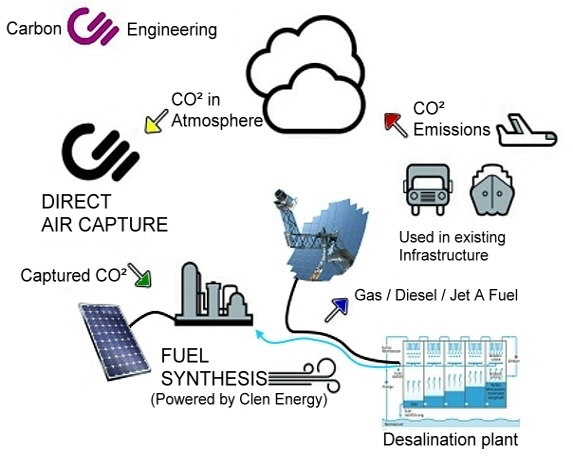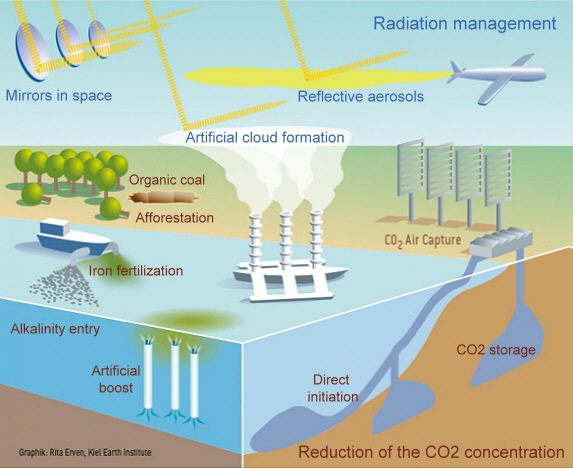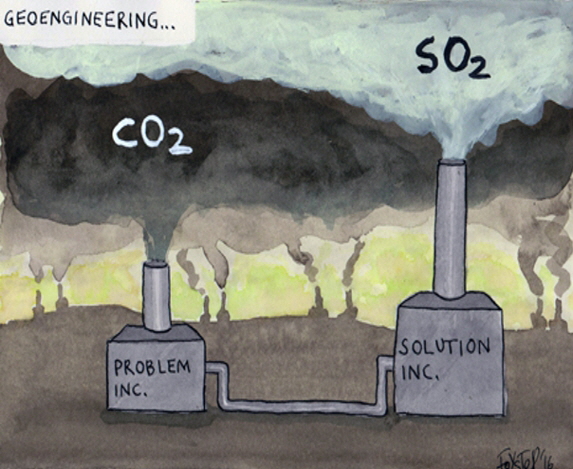


Home Energy Water Work Economy Solution Politics Team Product Recycling Cars Ships Aircrafts Promotion
World Pollution Air Weather Violence Women Weapons Psychology Plants Animals Food Peace Faith Imprint
Air
Forest
That the forest is an important resource related to our problem is undisputed. Studies by the ETH Zurich see afforestation as the most effective remedy against global warming. But it will probably be a while before the trees can clear the air. Nevertheless, most governments decided that afforestation should take place. However, there is quite a bit of difficulty and opponents. Nevertheless, I hope that the paper that has been printed up to now will be put into action as soon as possible and will not sink into drawers because the industry would rather build artificial trees.



Water: There is also a very troublesome water issue that we absolutely need to solve. The higher temperatures stimulate evaporation and the water table is falling all over the world, which must be countered quickly and effectively.
Conclusion: We need desalination plants and have to bring water from the coasts inland to fill up the groundwater reservoirs.
I think we agree that we need to reduce CO2 emissions quickly and remove excess CO2 from the air quickly.
Therefore, Canada and Switzerland are researching a method to make this possible. The Canadian company Carbon Engineering goes one step further and wants to produce synthetic fuel from the filtered CO2 in combination with hydrogen from water. Here, too, a lot of water and of course a lot of solar or wind energy is required. So everything always revolves around water, wind and/or solar energy. Of course there is something in the idea. If we place these power plants where no one wants to live, preferably at the point between water and energy production, we can improve our problem somewhat in the medium term. Research is also being carried out into the storage of CO2 in rock and there are already various systems.
However, we would have to capture and process 40 billion tons of CO2 just to be able to cope with the currently occurring amounts, which results in systems on the scale of large cities, which would then also require the energy of a large city. Just for hydrogen production, for a green industry, we need huge amounts of energy. The same applies to electrified private transport.
So far we are not even producing enough green energy for private households.
So there has to be a lot going on there. We need an affordable, highly efficient energy network that delivers enough energy day and night and in all seasons to power the world. We cannot wait for various fantasies such as nuclear fusion.
We need huge solar power plants.
On the American side: USA, Mexico, South America, Peru, especially Chile, Argentina and Brazil. On the European side: Africa, South Africa, Saudi Arabia and the entire surrounding region, further Iran, Afghanistan to China. Australia is a bit remote but could at least be completely self-sufficient. A truly global solar energy belt, which together can guarantee the earth's energy production around the clock. If we could also make solar power plants float, we would also be in the strangest places, 24 hours Sunline. Of course we need world peace and real international cooperation, and we need seriousness and common sense. With a financial system as bad as capitalism, we will not really be able to convince the socialists in Russia and China, for example. But vice versa, pure socialism cannot be what we absolutely have to have. Everyone has to move away from their current positions. We can continue to sharpening bones and hunt elephants or take stock of what is to come and work out a new common system. Earth is not a fun playground for self-adulation, it's a place to live for every creature.
It looks like a perpetual motion machine, carbon and geo engineering



At first glance, it's clear: If carbon engineering is to truly work, far more CO2 must be removed from the air than is subsequently produced. Because we already have far too much CO2, and it also has to be removed from the air. So, initially, we're talking about approximately 40 billion tons, plus additional quantities that aren't easily calculated in our heads. This is simply impossible to achieve with technical systems. The costs for such systems would also be so intergalactically high; how would they be financed? Moreover, such systems would be as large as major cities and would consume the same amount of energy. Therefore, without changes to vehicles, ships, and aircraft, there will never be a significant reduction in CO2 emissions. But it seems to me to be something at least, at least until the trees that will hopefully be planted soon are large enough to absorb CO2. Something like a lifeline to cling to.
I think it's nonsense to continue burning heavy fuel oil and diesel, and airplanes shouldn't be powered by jet engines either. Because they also give off heat and make a lot of noise. I think everything would be much better served with quiet airships, and travel would be much more comfortable. After all, with all the stress our economic system is generating, which is constantly increasing, there are already enough mentally ill people, as the statistics show.
It's clear what the intention here is. Carbon capture and fuel synthesis are financed by various oil companies because they want to continue their business operations. However, if ecological or sustainable products are introduced, production will inevitably decline significantly. If we go a step further and have the same financial and social conditions and equal wages in all countries, then production in other countries will no longer be profitable. The transport of goods will then decline sharply. These measures, by the way, are the most effective in combating all forms of environmental pollution, not just CO2.
Even geoengineering cannot mitigate the existing problem. I wouldn't necessarily call it engineering, though; that would give the whole thing a veneer of knowledge. But I'd like to think of mirrors in space that would have to be delivered there by rocket, floating steam plants as big as cities, CO2 storage facilities the size of metropolises, alkaline inputs into the oceans, iron fertilization to produce algae using entire fleets of ships, pumping aerosols into the atmosphere with fleets of aircraft, producing artificial buoyancy in the oceans with gigantic facilities... and nobody knows how all this stuff will work. Meanwhile, there's a growing realization that even so-called "smart cities" generate more costs than benefits, as the necessary equipment—that is, its manufacture, installation, repair, and maintenance—is far too complex and expensive. AI, in particular, consumes vast amounts of energy, thus more than offsetting any savings achieved. The same applies to geoengineering. But there's much more to note. Geoengineering is dangerous. We can't even fully understand what's happening on Earth right now. We've just managed to understand that CO2 is heating up our planet, and the realization is slowly dawning that we're essentially poisoning ourselves through plastic and food production. We don't know how to transform the stuff we produce every day back into what it once was. With such a lack of knowledge we want to make changes and introduce artificial stuff into the environment, which we've already completely contaminated by doing just that.
Hydrogen production alone and the conversion of industry and households is pushing us to the limits of our capabilities. Financially, we can't even create a stable economy; extraterrestrial expenditures were and are never included, and these Marvel-like fantasies should definitely not be called geoengineering.
We should focus on what's feasible: a global solar energy network, hydrogen production, and the conversion of all systems to green, a water network, and reforestation. We have enough to do, nature will do the rest.
To the top ![]()
![]()
![]()
Home Energy Water Work Economy Solution Politics Team Product Recycling Cars Ships Aircrafts Promotion
World Pollution Air Weather Violence Women Weapons Psychology Plants Animals Food Peace Faith Imprint